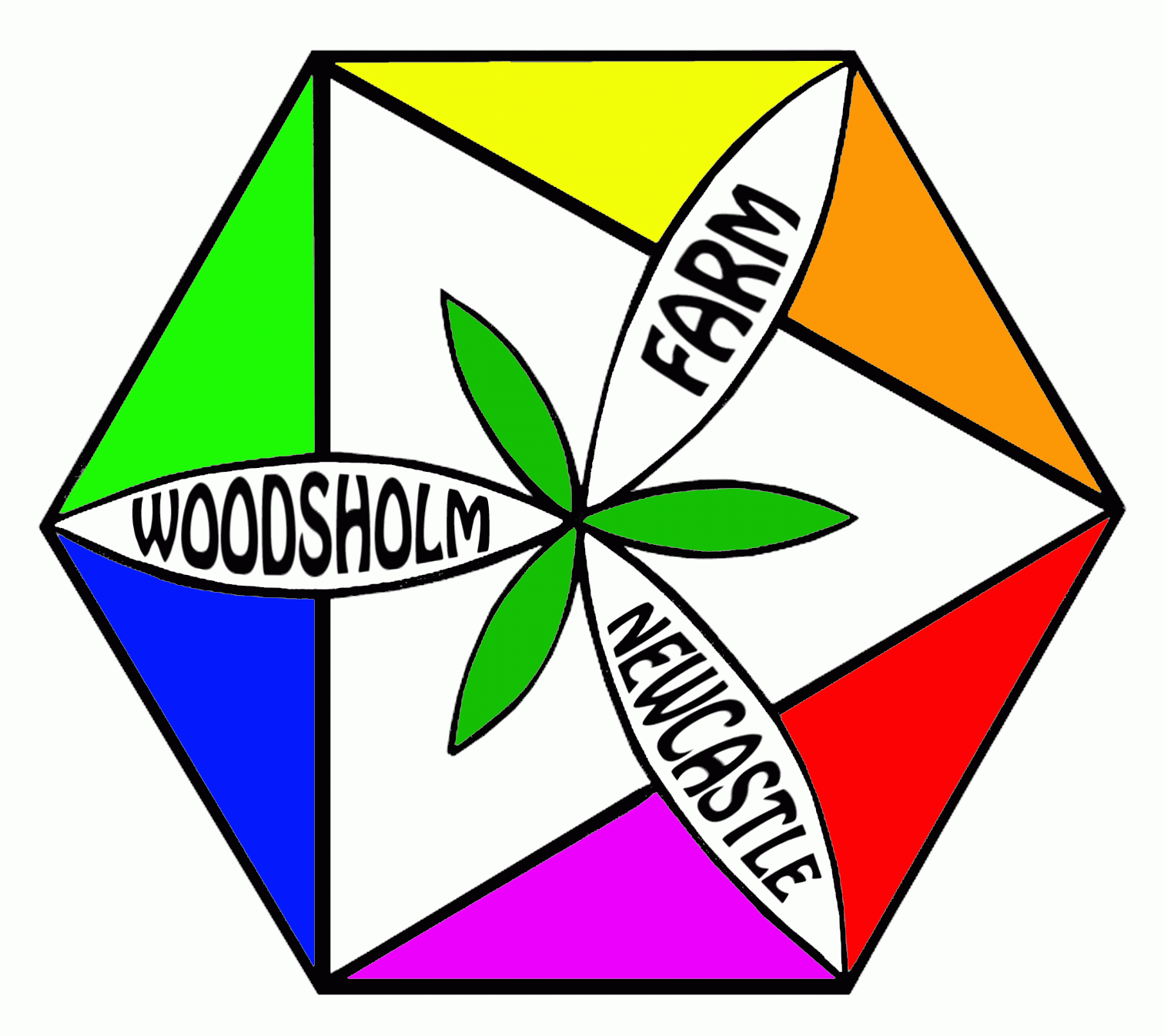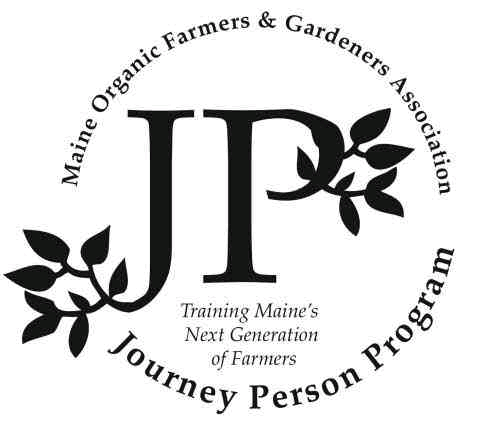What is Community Supported Agriculture?Community supported agriculture is a system that connects food consumers with their independent, small-scale, local growers and producers. Over the past 30 years, CSA has been putting down roots all over America, but before the idea was introduced here, it had been cultivated and practiced in Europe for 70 years. In the 1920’s the economic and social philosophy of Rudolph Steiner was shifting paradigms. His bio-dynamic farming methods, a system reliant on the interdependence of plants, animals, soil, and cosmos, naturally evolved to include the social and economic components of interdependency within community. Cooperative farms were established in Switzerland, Germany, and Holland and these enterprises began securing community relationships beneficial to both themselves and their supporters through a model of early-season, consumer generated financial support. Influenced by Steiner's Biodynamic movement, the CSA concept sprang forth from two farms in Massachusetts and New Hampshire. Combining his economic models with the “small is beautiful” and “produce locally what you consume locally” philosophy of E.F. Schumacher, the practice of growing food for “shareholders” in return for an upfront investment commenced in the United States in 1986. Meanwhile, and unbeknownst to European and American proponents, a Japanese agricultural movement, known as “teikei” had been developing over the previous fifteen years. This concept was independently birthed from Japanese women concerned with pesticide use, food security, and loss of their island’s farmland. The literal translation of this farmer and consumer relationship means “partnership” or “cooperation.” A more poetic translation of “teikei” is “food with the farmer’s face,” because knowing your farmer equates to knowing how, when, where and under what conditions your food was produced. A typical CSA works like this: a farmer offers a certain number of "shares" to the public. Typically the share consists of a box of vegetables, but other farm products may be included. Interested consumers purchase a share (aka a "membership" or a "subscription") and in return receive a box (bag, basket) of seasonal produce each week throughout the farming season. We offer a “market style” CSA credit share model to our customers. This differs from a traditional weekly “box” system. We sell our shares for $100 and depending on date of purchase, are worth up to $115. These shares are redeemed at any of our twice weekly farmer's markets, where you, the customer, decide what and how much of any item you need at any certain time. And bonus! We keep track of your credit for you, so there is no need to bring money to the market! Together, we are part of the local food revolution. Whatever the arrangement, a CSA system creates several rewards for both the farmer and the consumer. The advantage for farmers include: * Time spent marketing the food early in the year, before their 12 hour days in the field begin * An influx of capitol early in the season, which helps with the farm's cash flow * An opportunity to get to know the people who eat the food they grow Advantages for consumers include: * Access to ultra-fresh food, with all the flavor and vitamin benefits * Exposure to new vegetables and new ways of cooking * Finding that kids typically favor food from "their" farm – even veggies they've never been known to eat * Developing a relationship with the farmer who grows their food and learning more about how food is grown There is an important concept woven into the CSA model that takes the arrangement beyond the usual commercial transaction. That is the notion of shared risk. In most CSAs, members pay up front for the whole season and the farmers do their best to provide abundant offerings each week. If harvests are slim, members are not typically reimbursed. The result is a feeling of "we're in this together". Many times, the idea of shared risk is part of what creates a sense of community among members, and between members and the farmers. If a hailstorm takes out all the peppers, everyone is disappointed together, and together cheer on the winter squash and broccoli. The idea is simple and the impact is profound. A CSA's locally based economic model benefits both farmers and their community. We work together to cultivate new and healthy aspects of community life, which in turn contributes to shaping a new vision of agriculture. This new vision is the space where local interactions and relationships are valued and sustained through a shared commitment to what sustains and nourishes us on the deepest levels-the freshest and most vital foods! We are thrilled to be able to count ourselves as one of over 13,000 community supported agriculture farms growing for you! |
|
| ||

|
Woodsholm Farm |

|
|
File name: CSAdesc.shtml; version: Thursday 30 January, 2014 • ©2013 Woodsholm Farm
|
||


